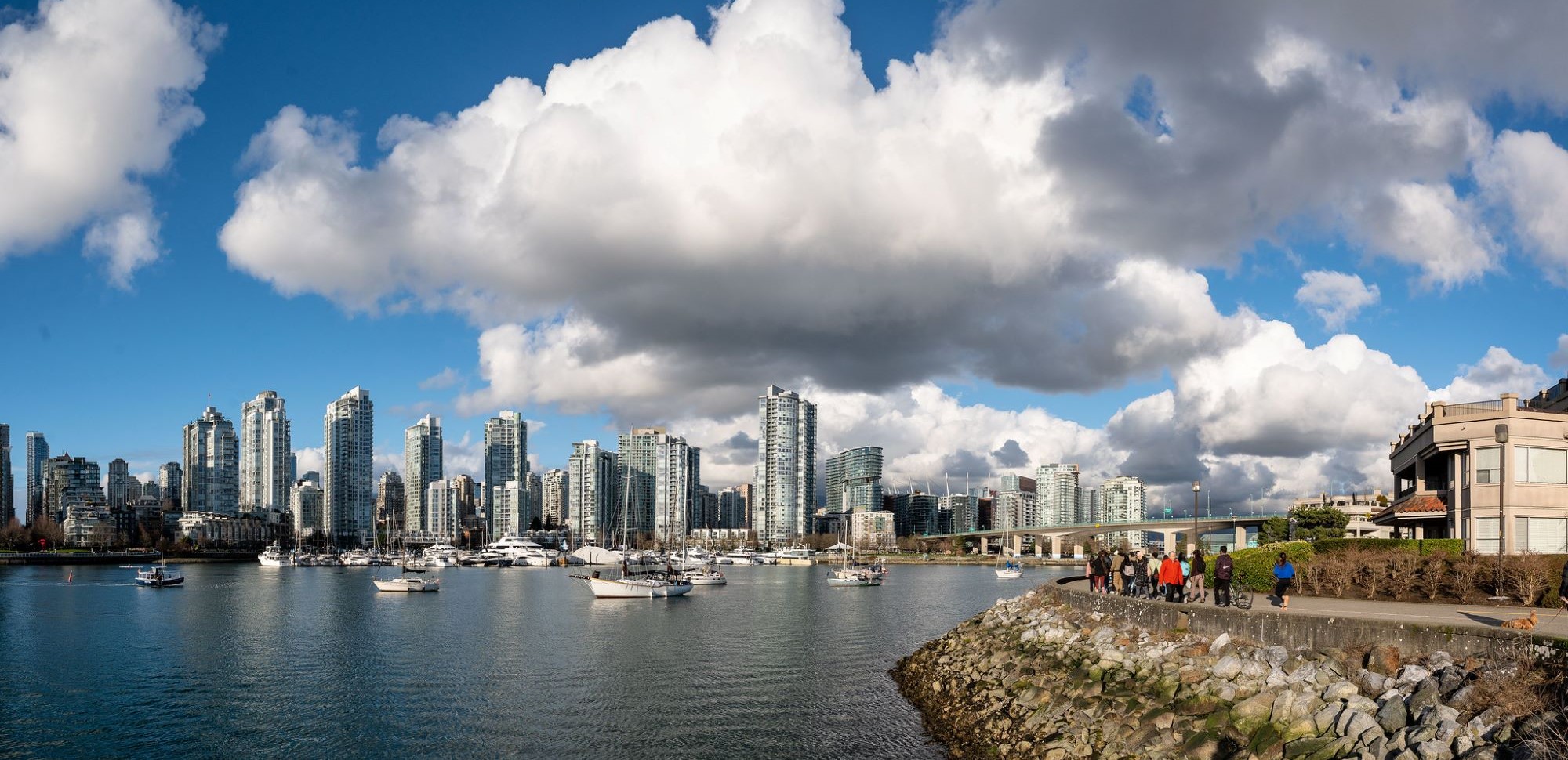
Program Overview
The Data Science for Social Good (DSSG) Program at the University of British Columbia is an interdisciplinary summer research program that brings together data providers and domain experts to work with talented students (i.e., DSSG Fellows) on data-intensive projects that have the potential to benefit society.
For next our program in Summer 2026, we are seeking project proposals from UBC faculty members, non-profit, or government organizations that have an applied social good component and addresses topics related to public policy, transportation, housing, economic development, environment and sustainability, public health or other areas of social sciences. The scope of work in these proposals could involve statistical analyzes of multiple or complex data sets (e.g., different regions, time series), machine learning, natural language processing, data visualization, and tools development to address a problem or challenge for the applicant (i.e., Project Lead).
Selected projects will have access to a team of three very talented students to work full-time over fourteen weeks. The Project Lead, or designates, will be actively involved with the project throughout the summer by providing guidance and feedback. In our experience, we suggest that Project Leads spend at least 1 hour each week with the Fellows to achieve the most success. DSSG Fellows will work independently with guidance from the DSI Scientific Director, DSI data scientists or postdocs, and mentors from the local tech industry. There is no financial commitment required from partner organizations.
For a review of previous years' projects and fellows, please visit our DSSG page.
For questions about this program and/or questions about this application form and process, please email your queries to dsi.admin@science.ubc.ca.